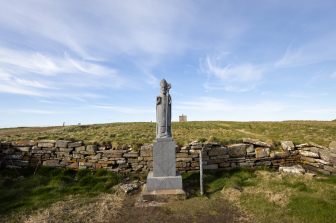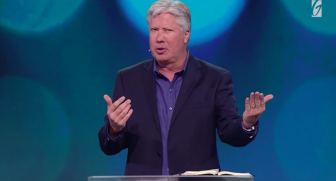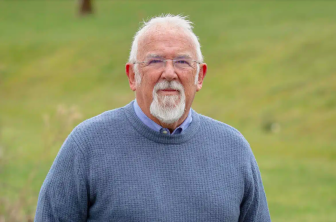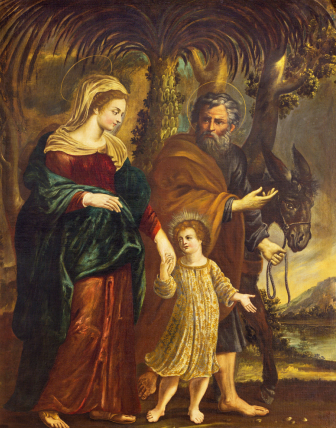The top Vatican cardinal in charge of relations with Jews on Thursday denied a new prayer for their conversion was offensive and said Catholics had the right to pray as they wished.
Cardinal Walter Kasper spoke in an interview in a leading Italian newspaper a day after world Jewish leaders said the new prayer could set back inter-religious dialogue by decades.
"I must say that I don't understand why Jews cannot accept that we can make use of our freedom to formulate our prayers," Kasper, a German, told the Corriere della Sera.
The Vatican on Tuesday revised a contested Latin prayer used by a traditionalist minority on Good Friday, removing a reference to Jewish "blindness" over Christ and deleting a phrase asking God to "remove the veil from their hearts".
Jews criticised the new version because it still says they should recognise Jesus Christ as the saviour of all men. It asks that "all Israel may be saved" and keeps an underlying call to conversion that Jewish leaders had wanted omitted.
"We think that reasonably this prayer cannot be an obstacle to dialogue because it reflects the faith of the Church and, furthermore, Jews have prayers in their liturgical texts that we Catholics don't like," Kasper said.
In a separate interview with Vatican Radio, Kasper said: "The Holy Father wanted to say 'yes, Jesus Christ is the saviour of all men, including the Jews'."
He added: "But this does not mean we are embarking on a mission (to covert Jews). We are giving witness to our faith."
Jewish groups complained last year when the Pope issued a decree allowing wider use of the old-style Latin Mass and a missal, or prayer book, that was phased out after the reforms of the Second Vatican Council, which met from 1962 to 1965.
They protested against the re-introduction of the old prayer for conversion of the Jews and had asked the Pope to change it.
Jewish organisations such as the Anti-Defamation League (ADL), the American Jewish Committee and The International Jewish Committee on Inter-religious Consultations criticised the new version.
"While we appreciate that some of the deprecatory language has been removed ... we are deeply troubled and disappointed that the framework and intention to petition God for Jews to accept Jesus as Lord was kept intact," Abraham Foxman, U.S. national director of the ADL, said in a statement.
News

A Christian view of talks to end the war in Ukraine
There are Christian principles which need to be borne in mind when assessing the current efforts to bring the war in Ukraine to an end.

Sex offender ‘manipulating’ system to stay in the UK as ‘Christian’ asylum seeker
Immigration judges found his history of sexual offences did not invalidate his claim to Christian conversion

Disappointment as St Albans council votes to end prayers before meetings
A local Christian leader in the city of St Albans has criticized a vote by the council to scrap prayers before official meetings.

Who was St Joseph and what do we know about him?
The 19th of March is St Joseph’s Day, which in some countries is known as Father’s Day, but who was St Joseph and what do we know about him? This is the story …



